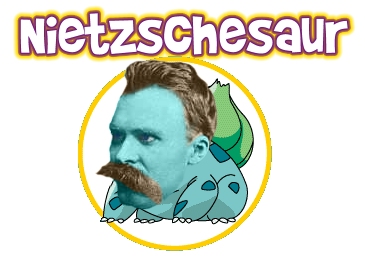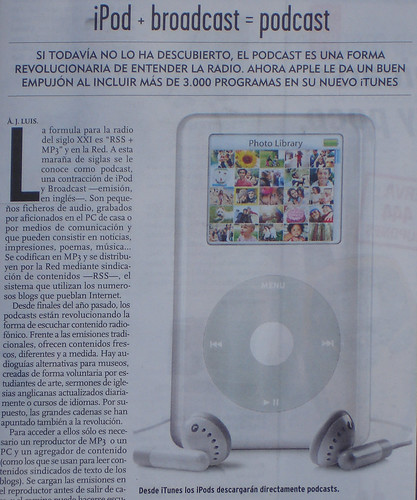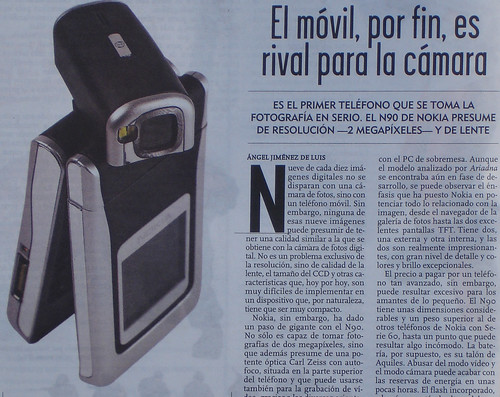The Economist propone un copyright de 14 años
The Economist propone una radical reducción del copyright: 14 años renovables una vez (28 años en total). Según su opinión, los avances tecnológicos invalidan muchas de las razones para periodos de tiempo más largos.
This makes no sense. Copyright was originally intended to encourage publication by granting publishers a temporary monopoly on works so they could earn a return on their investment. But the internet and new digital technologies have made the publication and distribution of works much easier and cheaper. Publishers should therefore need fewer, not more, property rights to protect their investment. Technology has tipped the balance in favour of the public domain.
A first, useful step would be a drastic reduction of copyright back to its original terms-14 years, renewable once. This should provide media firms plenty of chance to earn profits, and consumers plenty of opportunity to rip, mix, burn their back catalogues without breaking the law. The Supreme Court has somewhat reluctantly clipped the wings of copyright pirates; it is time for Congress to do the same to the copyright incumbents.
(vía Lessig blog)




